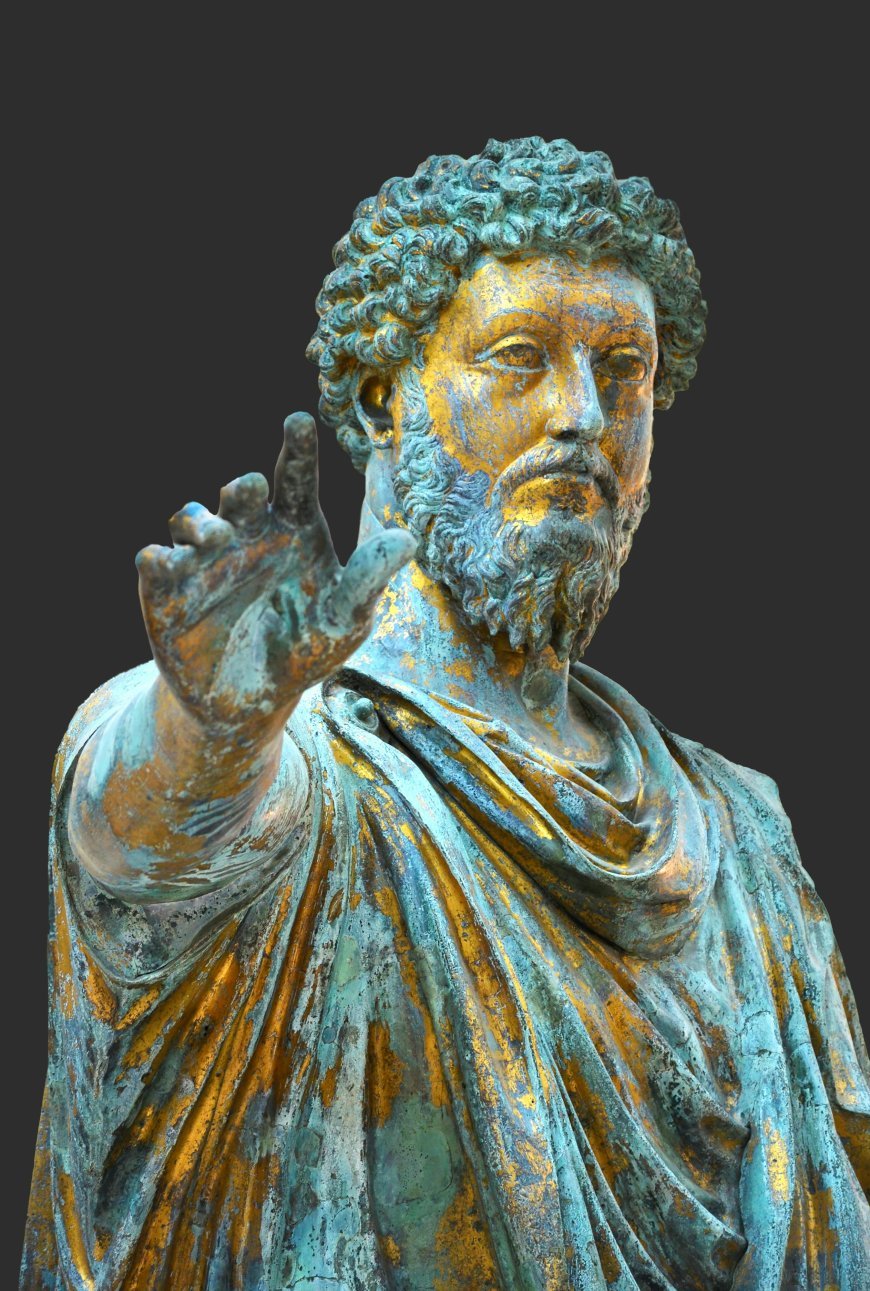The Seeker of Meaning
Beyond the tangible world of objects, the complexities of human interaction, or the patterns of nature, lies a profound human capacity to grapple with life's deepest questions. This is Existential Intelligence, often referred to as "philosophy smart" or "big picture smart."

The Contemplative Mind
At its heart, Existential Intelligence is about the capacity for deep thought concerning metaphysical questions. Individuals strong in this area are not content with superficial answers; they are driven to explore the "why" behind existence. They are drawn to fundamental inquiries about the nature of reality, the meaning of life, the inevitability of death, the role of human beings in the grand scheme of things, and the presence (or absence) of a higher power. This isn't just an intellectual exercise; it's often a deeply personal and emotionally resonant quest for understanding.
This intelligence manifests in various ways:
- Profound Questioning: A relentless curiosity about the big questions of life, death, and existence.
- Meaning-Making: The ability to construct personal meaning and purpose in life, even in the face of uncertainty.
- Cosmic Perspective: A capacity to see oneself and humanity within the larger context of the universe, often leading to feelings of awe or humility.
- Reflection on Mortality: A willingness and ability to contemplate one's own mortality and its implications.
- Moral and Ethical Inquiry: While related to moral intelligence, existential intelligence can drive the foundational philosophical inquiry that underpins ethical systems.
For those with high Existential Intelligence, the world is filled with wonder and mystery. They may find solace or challenge in pondering the unanswerable, and their internal dialogue is often a continuous exploration of abstract concepts and universal truths. Their wordings can be deeply philosophical, abstract, and may involve metaphors that stretch the boundaries of conventional understanding to express profound concepts.
Characteristics of the Big-Picture Thinker
Individuals strong in Existential Intelligence often display several identifiable traits:
- Deeply Thoughtful and Reflective: They spend significant time contemplating life's bigger questions, often in solitude.
- Curiosity Beyond the Tangible: They are not satisfied with just knowing what or how, but consistently ask why.
- Spiritual or Philosophical Inclination: They may be drawn to spiritual practices, religious traditions, or philosophical inquiry, seeking deeper meaning.
- Awareness of Human Limitations: They often recognize the limits of human knowledge and understanding.
- Comfort with Ambiguity: They can tolerate uncertainty and paradox, understanding that not all questions have clear answers.
- Concern for Humanity's Place: They may feel a strong connection to collective human experience and destiny.
- Values-Driven: Their actions and choices are often guided by a strong sense of purpose or a personal philosophy of life, articulated in their wordings with conviction.
- Comfort with Solitude: They often prefer quiet contemplation as a means of processing deep thoughts.
Professions Where Existential Intelligence Finds Its Calling
While not a traditional "skill set" in the same way as verbal or numerical intelligence, Existential Intelligence is foundational to professions that grapple with the human condition and ultimate questions:
- Philosophers: The most direct embodiment, as their entire discipline is built on asking and attempting to answer fundamental questions about existence, knowledge, values, and reason.
- Theologians/Spiritual Leaders: These individuals guide others in exploring spiritual meanings, faith, and the nature of the divine.
- Writers/Poets/Artists: Many creative works explore themes of life, death, love, suffering, and the search for meaning, directly engaging existential questions. Their wordings are often crafted to evoke deep thought.
- Counselors/Therapists: While using interpersonal skills, the most profound therapeutic work often involves helping clients make sense of their life experiences, suffering, and purpose.
- Social Theorists/Anthropologists: These fields explore the fundamental structures of human society, culture, and belief systems, often touching upon existential questions about human nature and civilization.
- Scientists (at a conceptual level): While science focuses on "how," many eminent scientists are driven by a deep desire to understand the fundamental nature of the universe, life, and consciousness – questions that border on the existential.
- End-of-Life Care Professionals: Hospice workers and palliative care providers often help individuals and families confront mortality and find meaning in the final stages of life.
Cultivating the Quest for Meaning
Existential Intelligence is not typically taught in schools in a formalized way, but it can certainly be fostered and deepened throughout life:
- Engage in Deep Conversation: Discussing profound questions with others who are also seekers of meaning.
- Read Philosophical and Spiritual Texts: Exploring the ideas of great thinkers from various traditions.
- Practice Mindfulness and Contemplation: Regularly setting aside time for quiet reflection, meditation, or simply being present in nature.
- Travel and Experience Diverse Cultures: Gaining new perspectives on human life, values, and belief systems.
- Reflect on Personal Experiences: Learning from life's joys, sorrows, and challenges to understand one's own journey and purpose.
- Keep a Journal of Big Questions: Writing down thoughts, questions, and insights related to existential themes.
- Visit Art Galleries and Museums: Engaging with art that explores profound human themes can stimulate existential thought.
- Allow for Solitude: Creating space for quiet reflection without constant external stimulation.
- Practice Articulation of Beliefs: Attempting to put abstract thoughts into clear wordings can deepen understanding, even if the answers remain elusive.
Existential Intelligence reminds us that human intellect is not solely pragmatic or problem-solving oriented. It encompasses a profound longing for understanding that transcends the everyday, pushing us to explore the very nature of our being. This "candidate" intelligence highlights a fundamental aspect of human consciousness – our innate drive to seek meaning in a vast and often mysterious universe.
What's Your Reaction?
 Like
0
Like
0
 Dislike
0
Dislike
0
 Love
0
Love
0
 Funny
0
Funny
0
 Angry
0
Angry
0
 Sad
0
Sad
0
 Wow
0
Wow
0





















